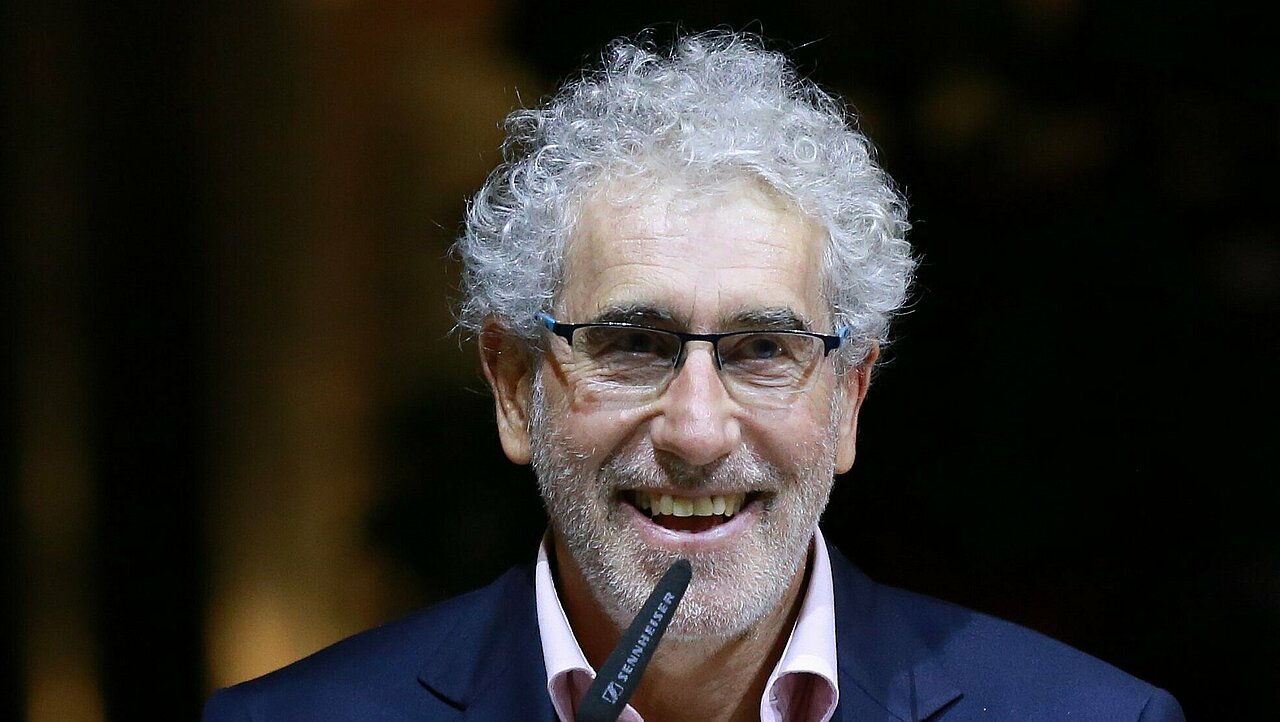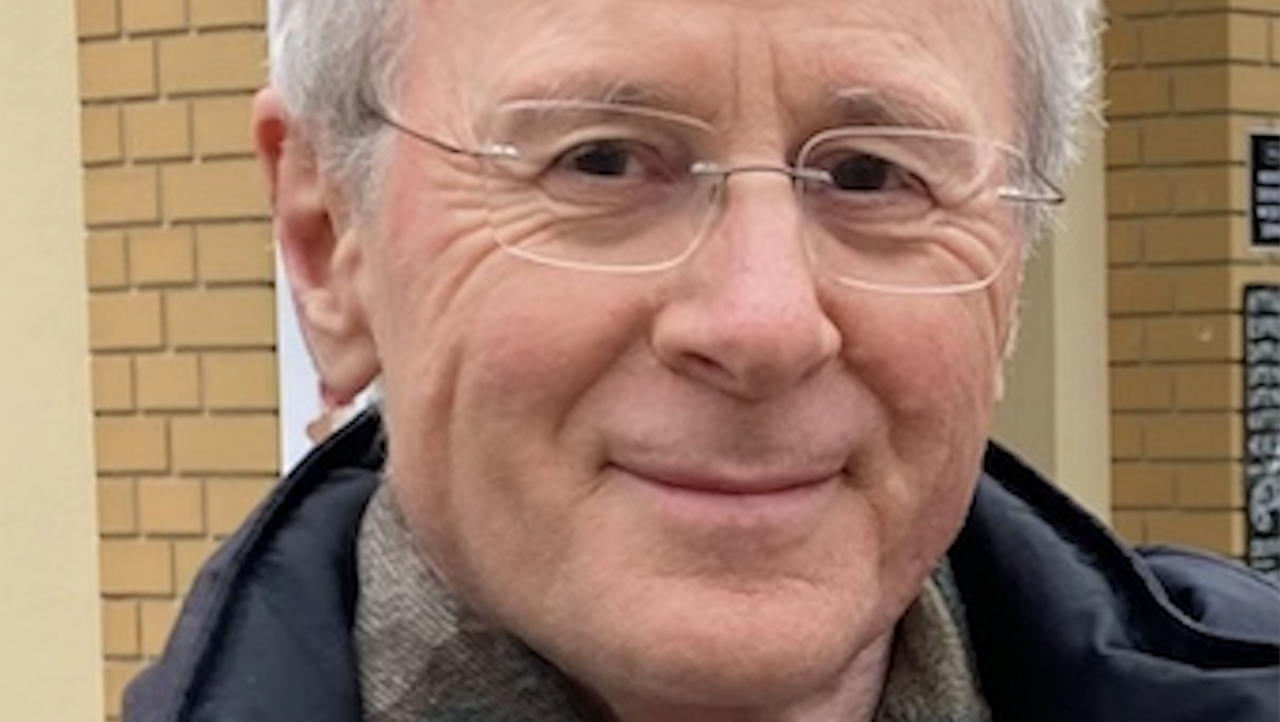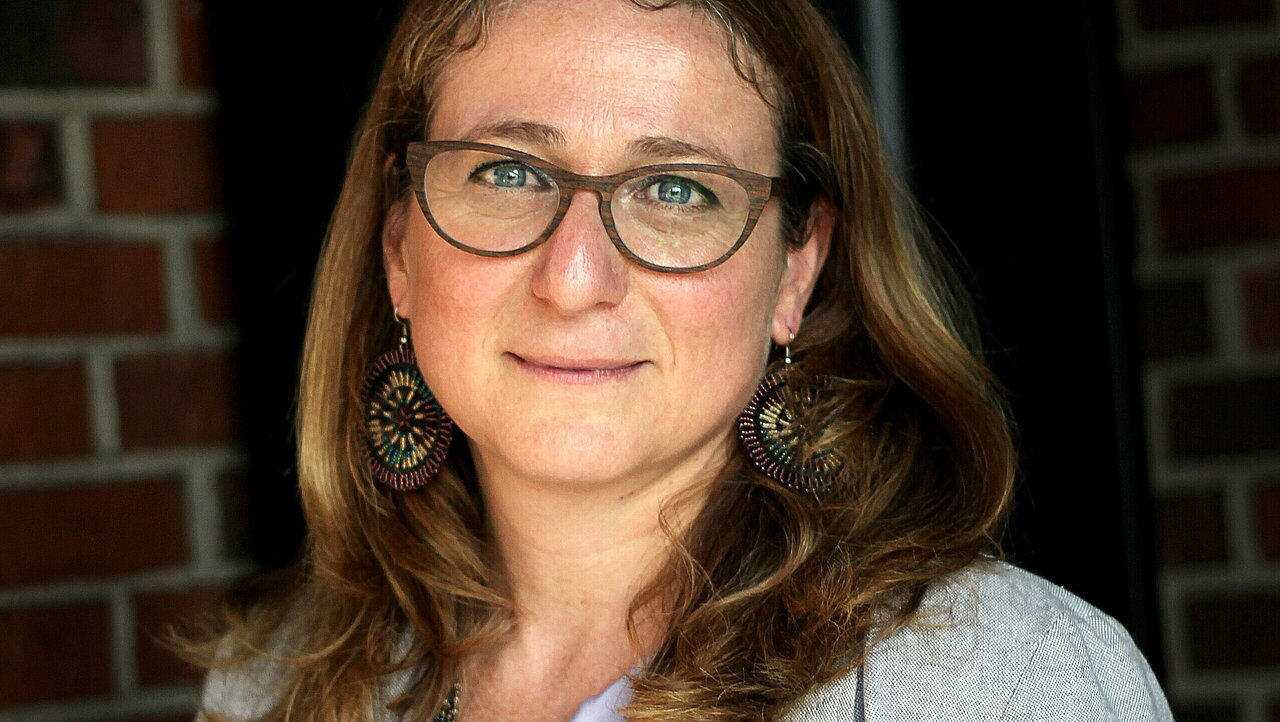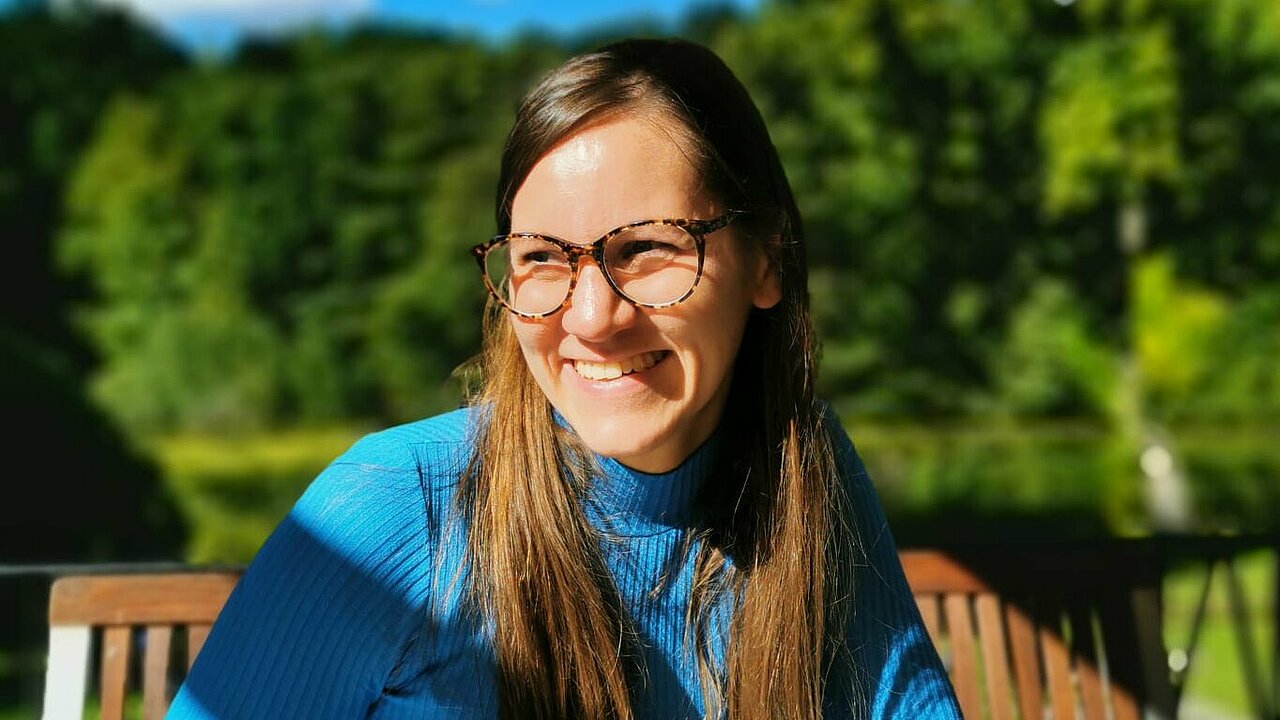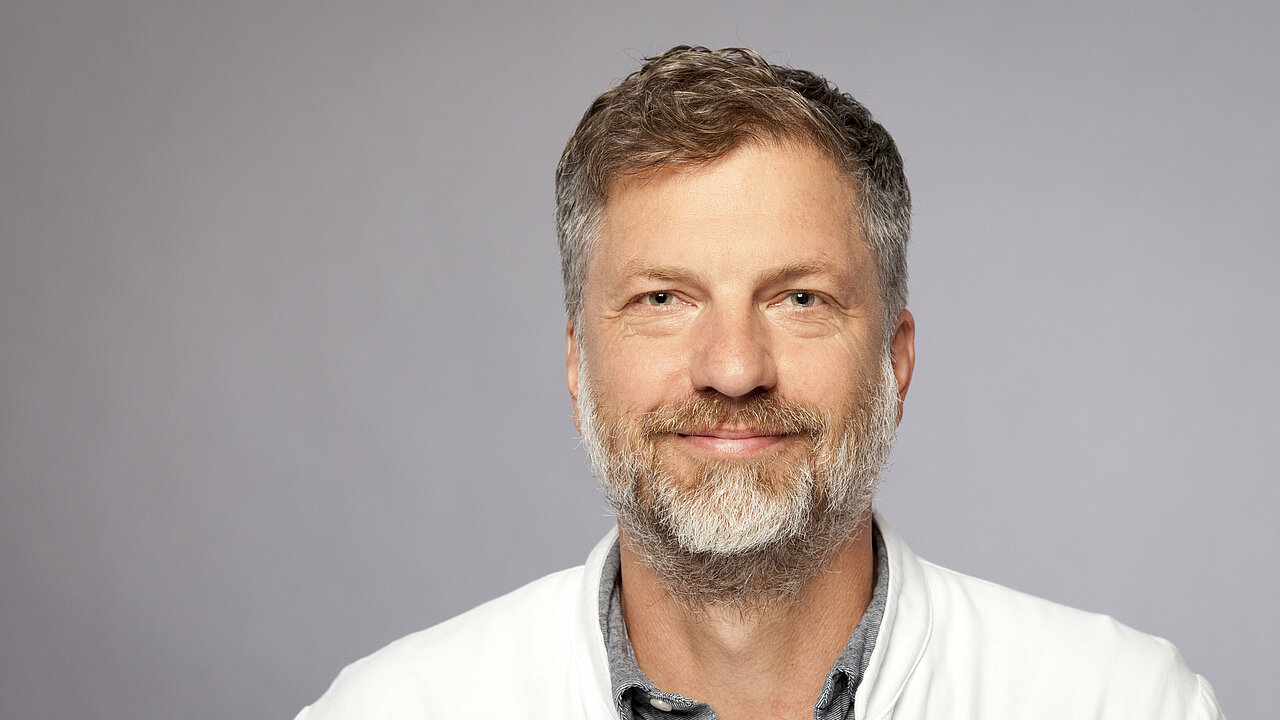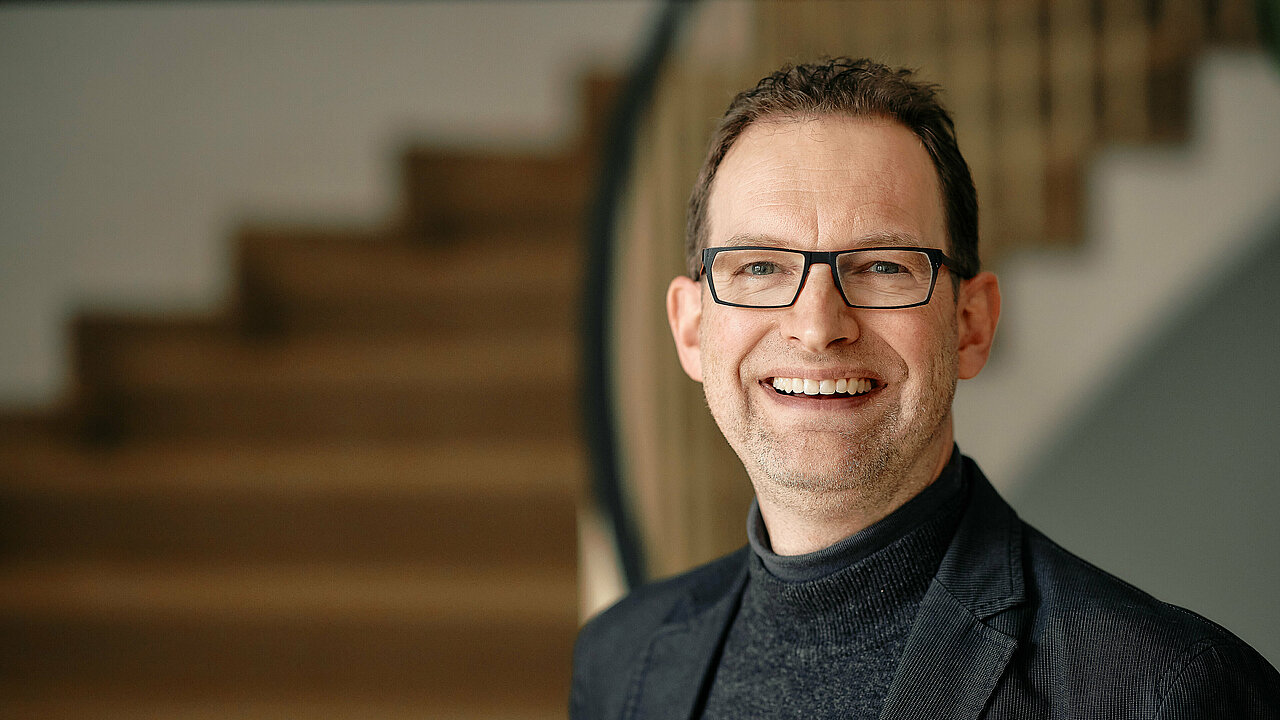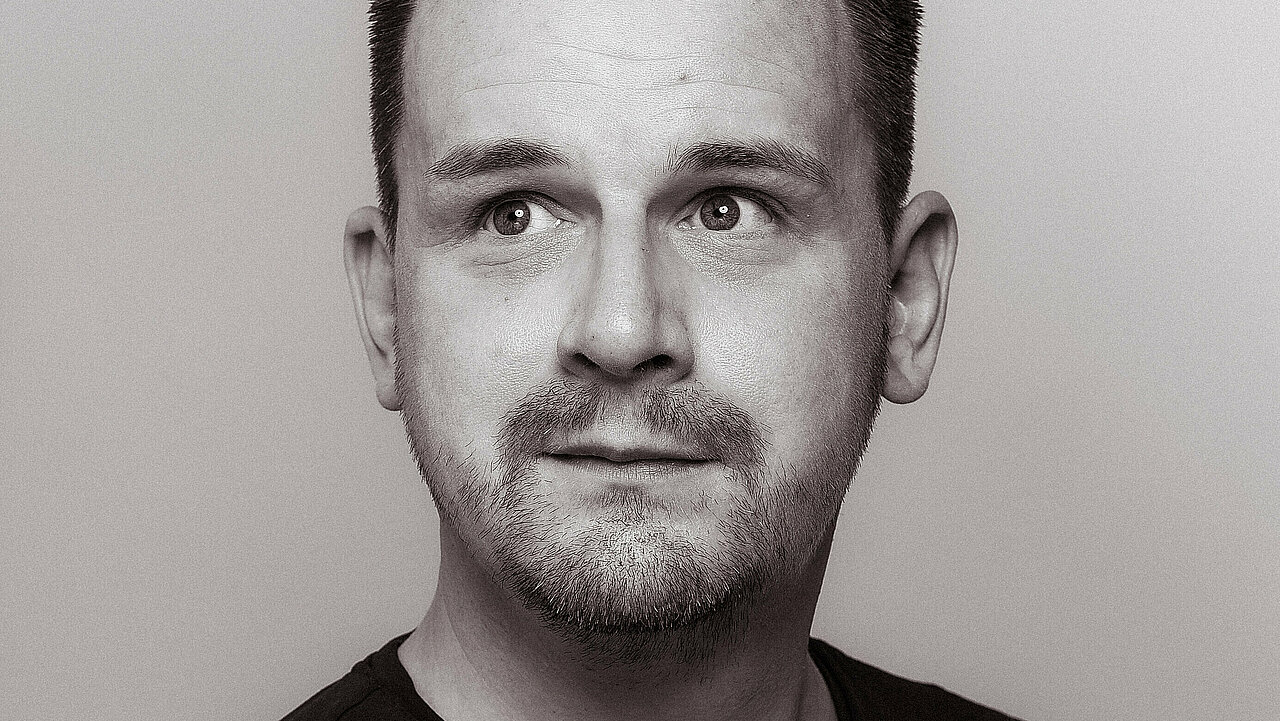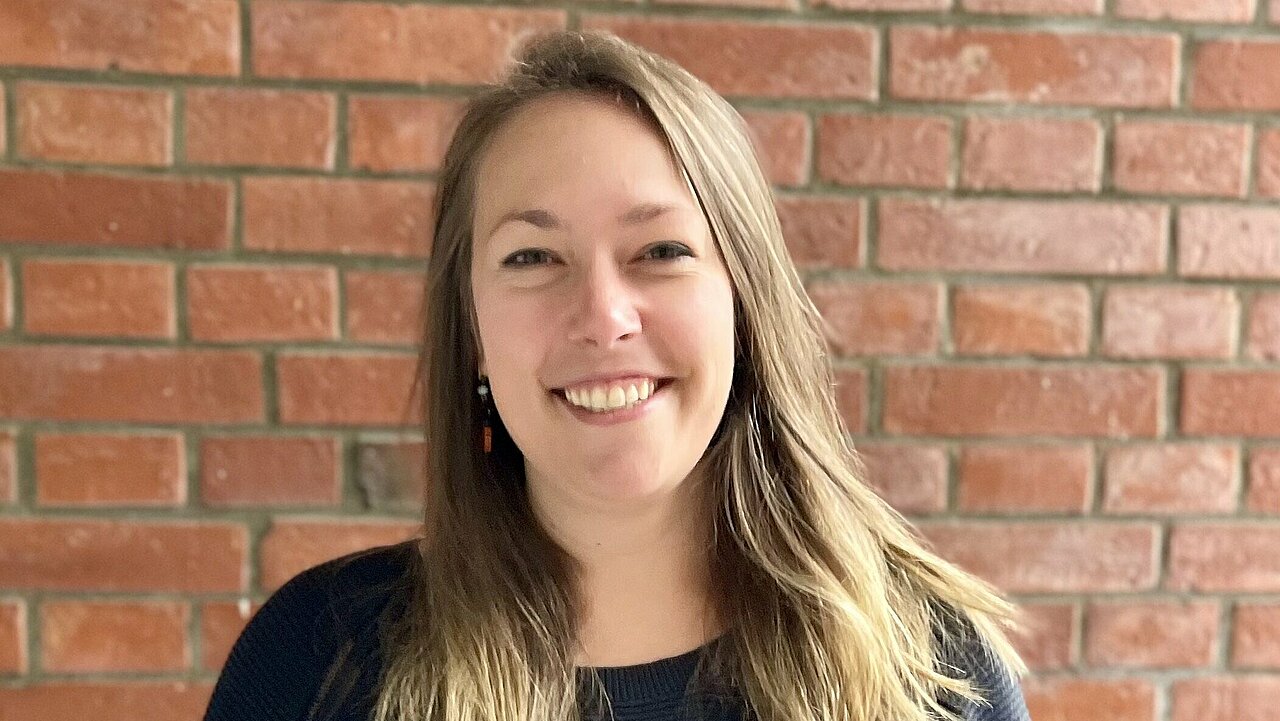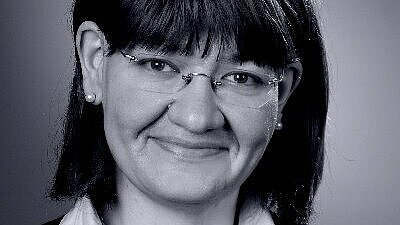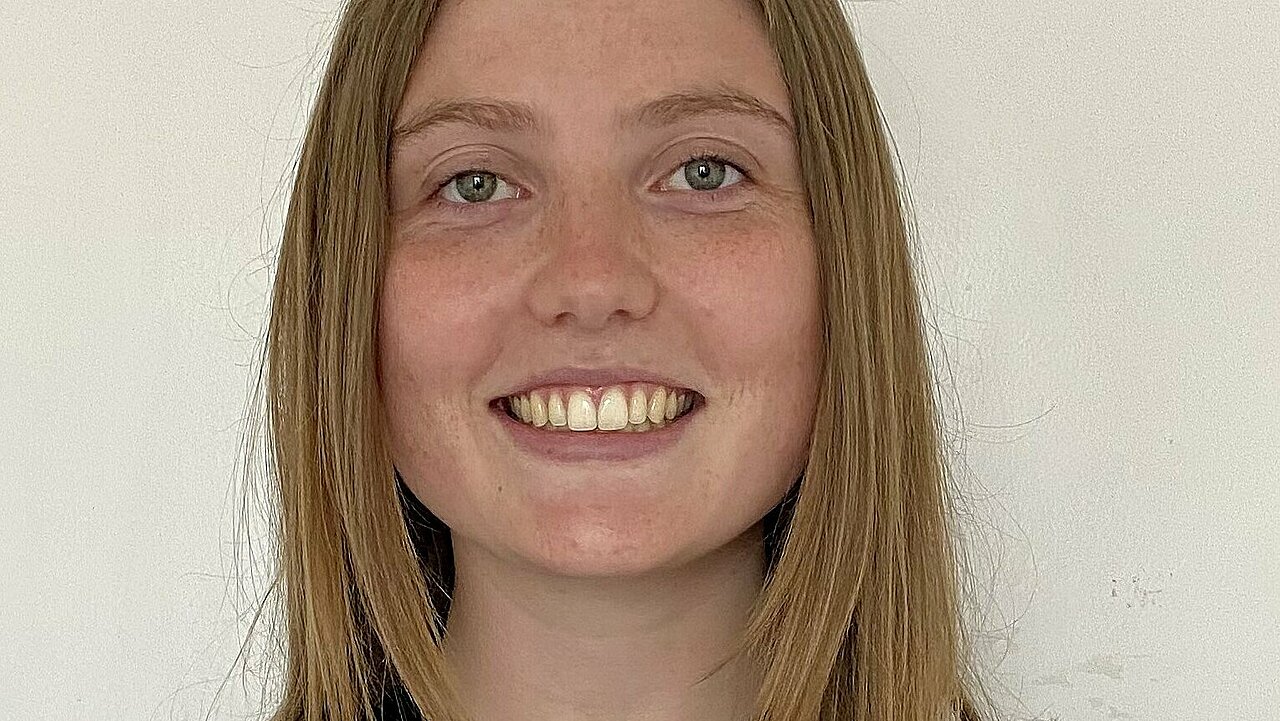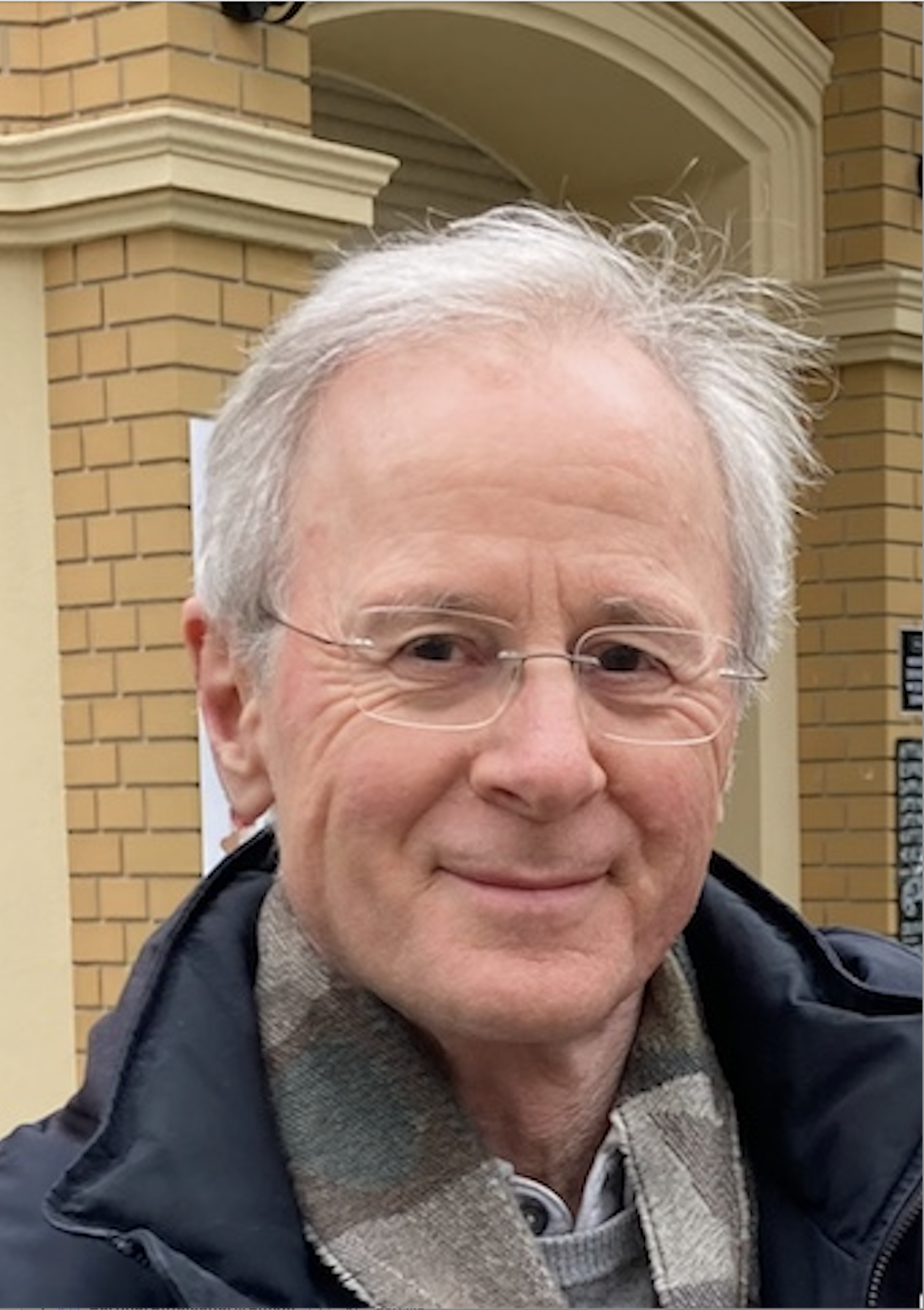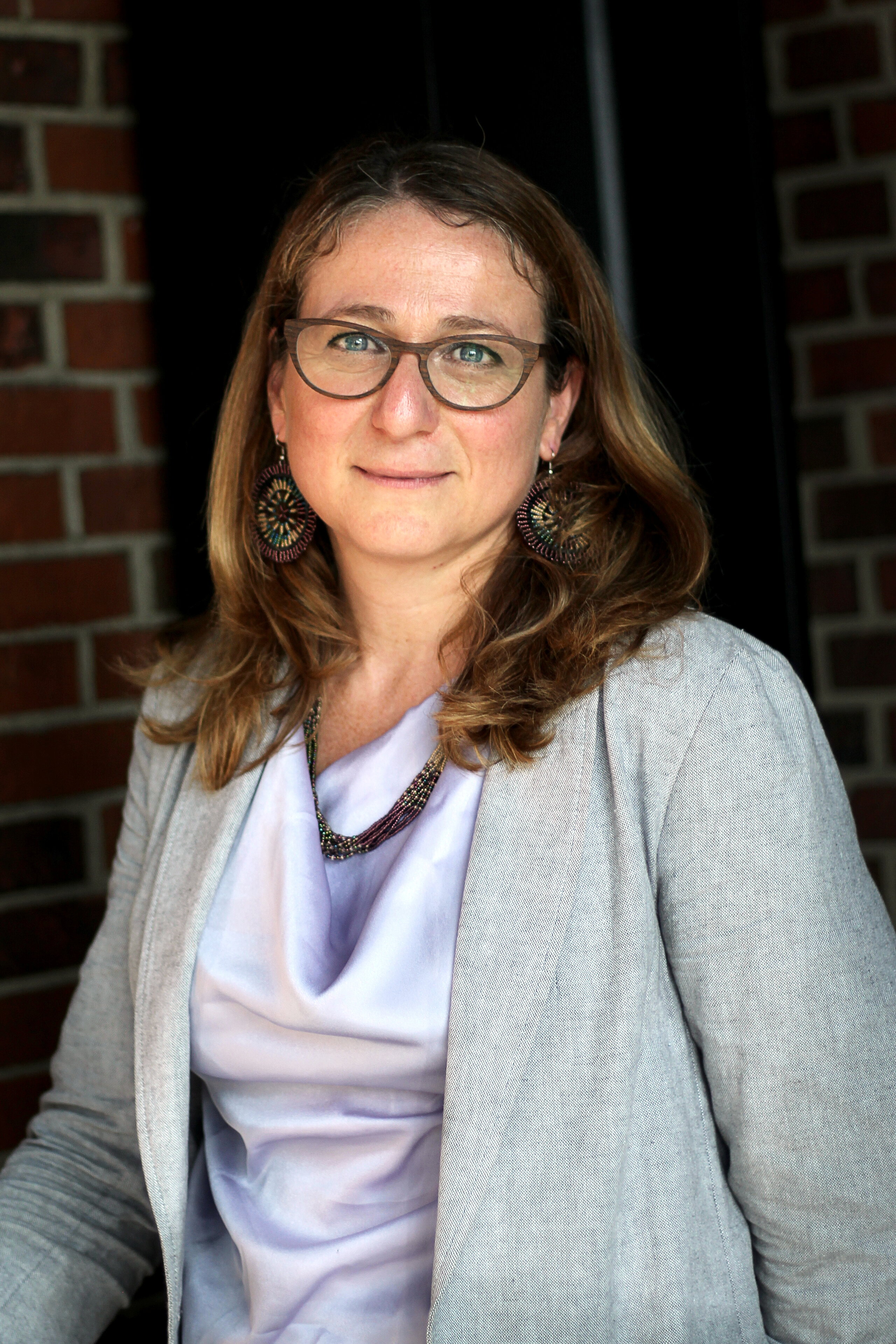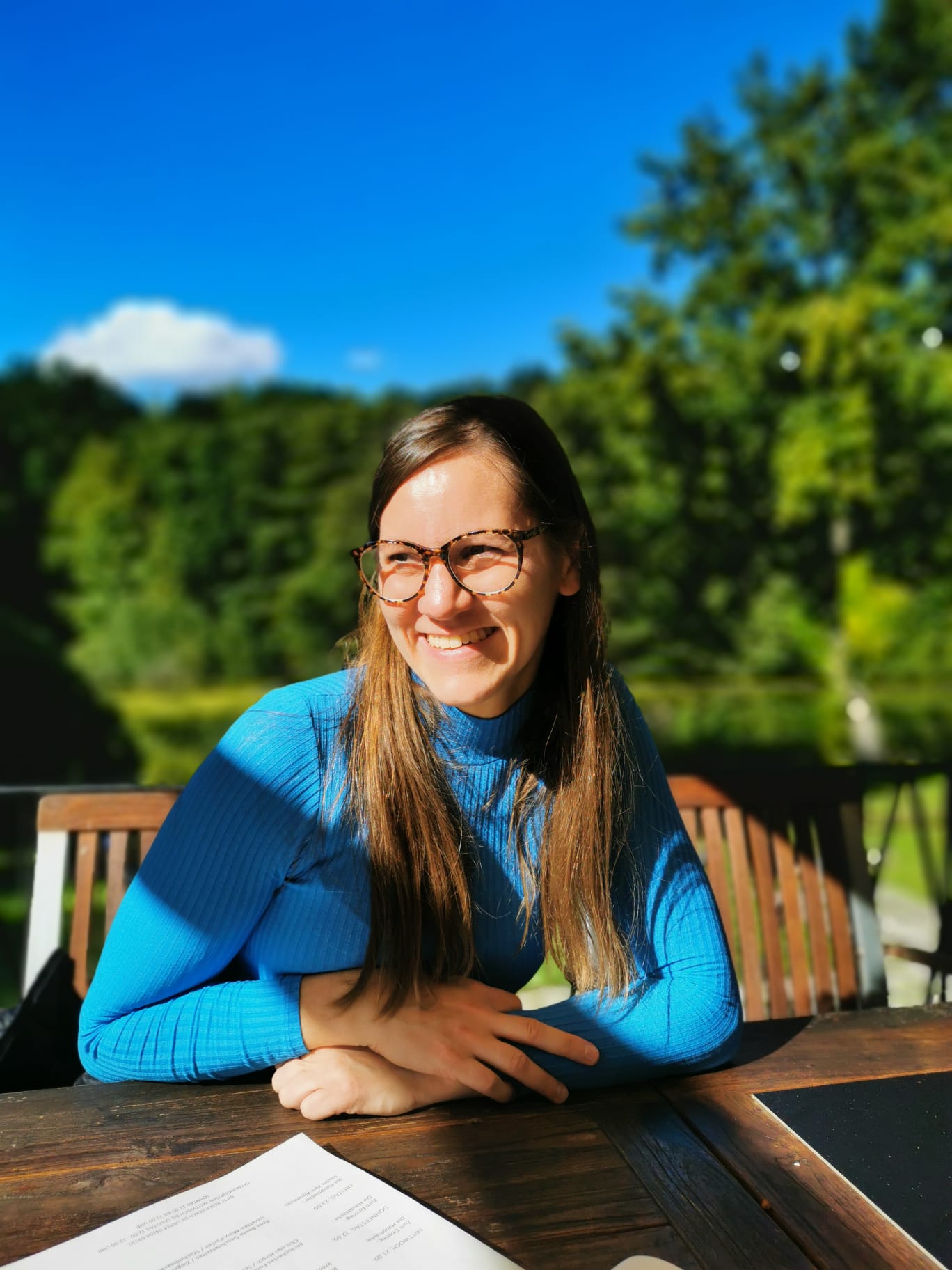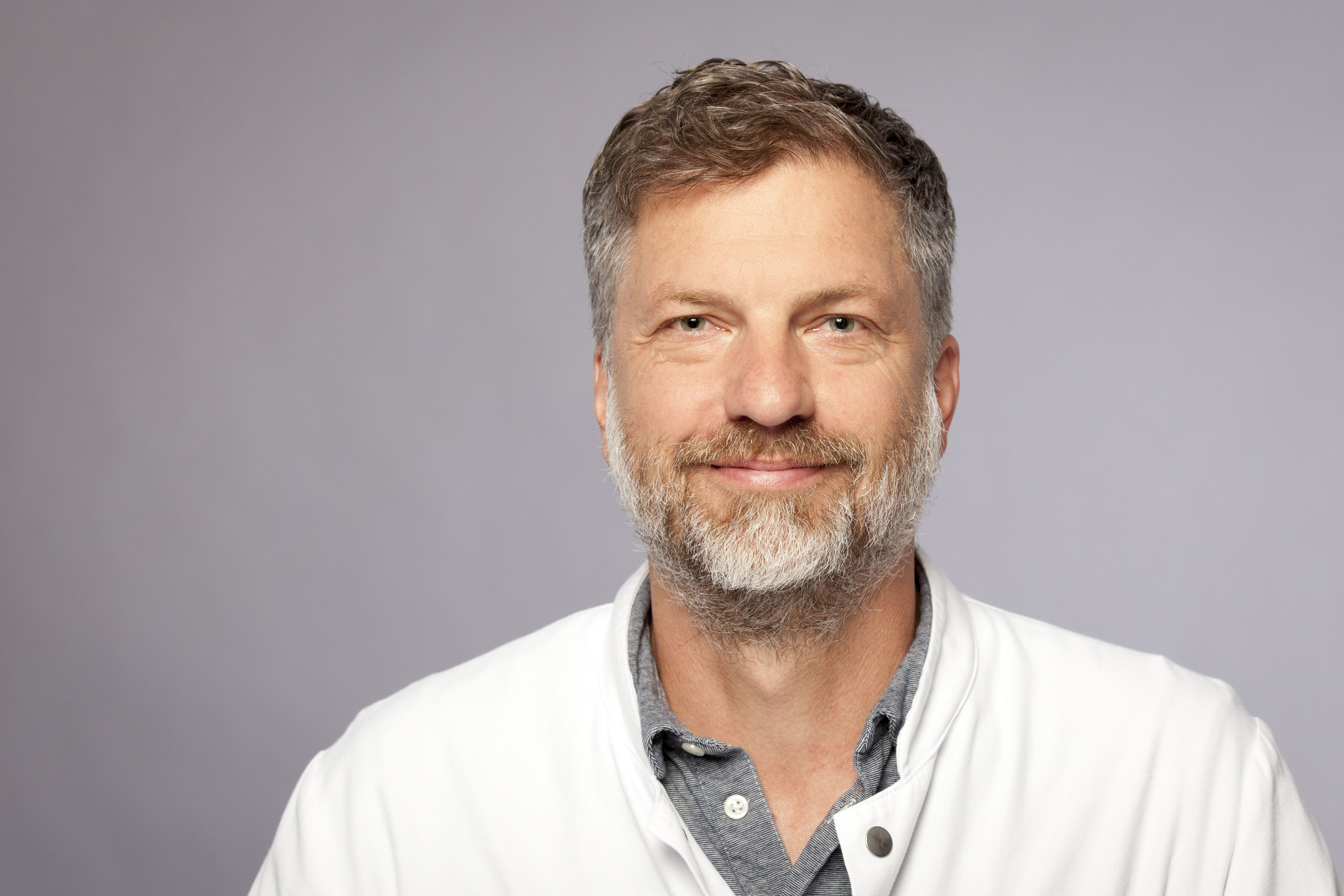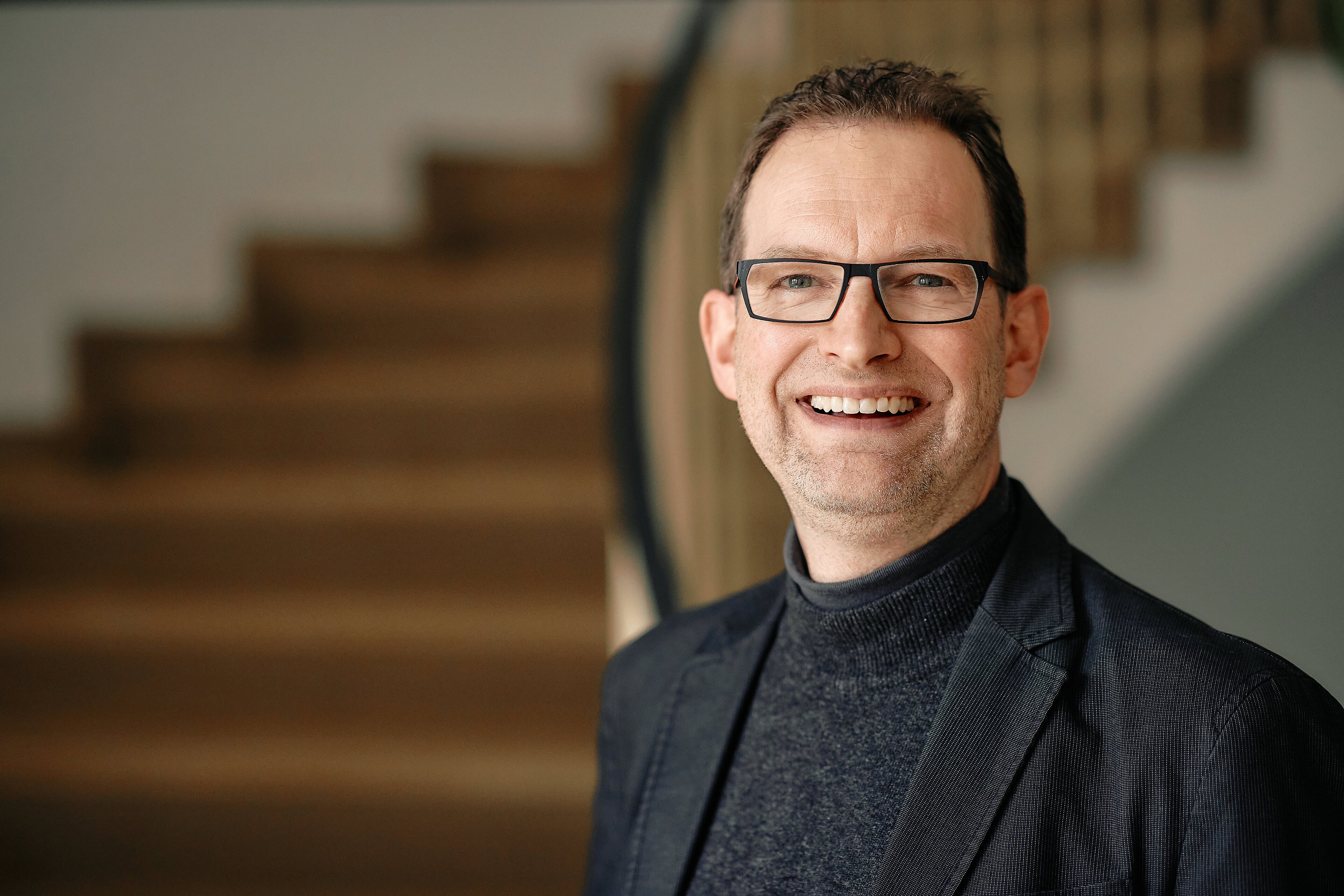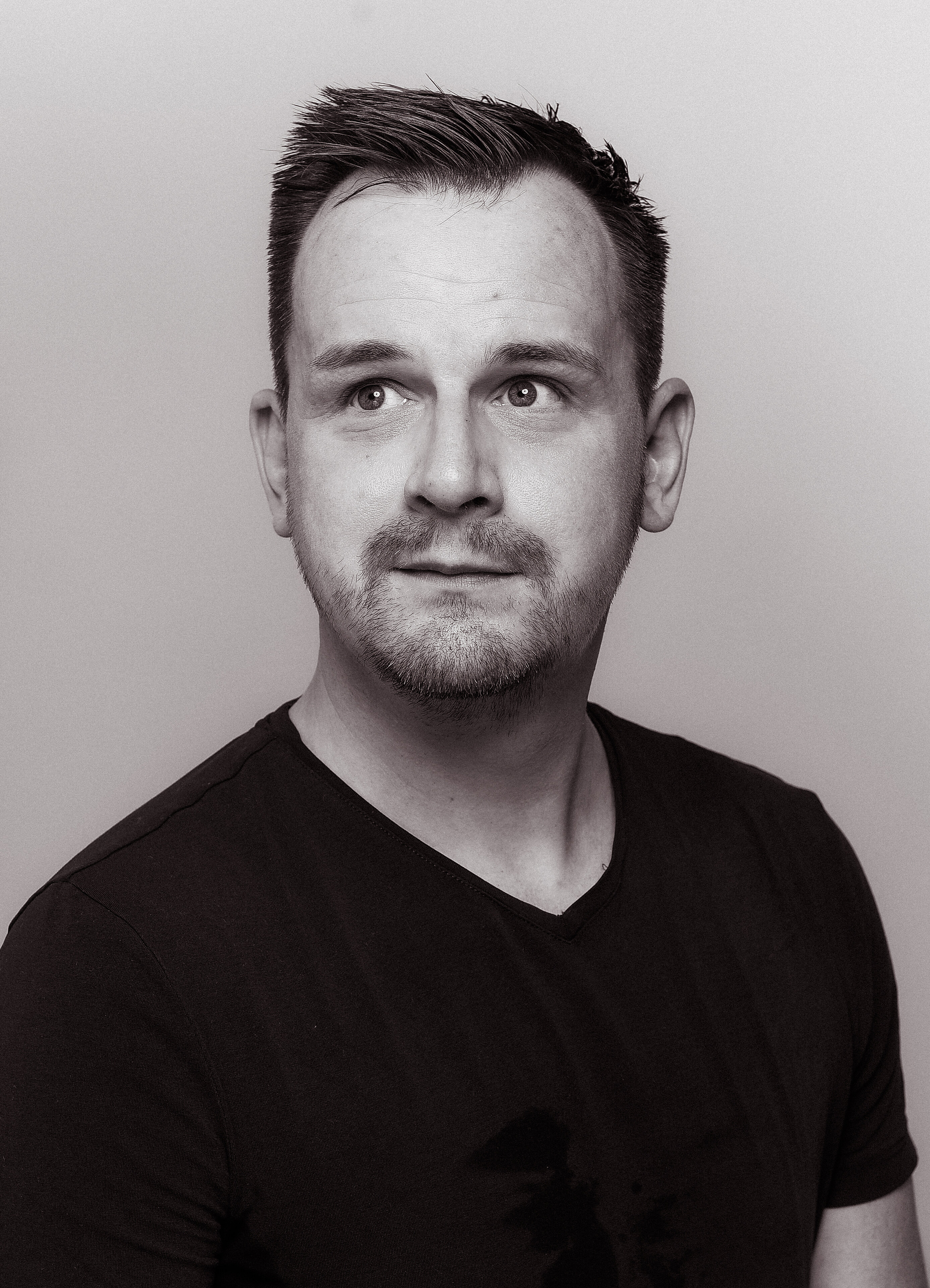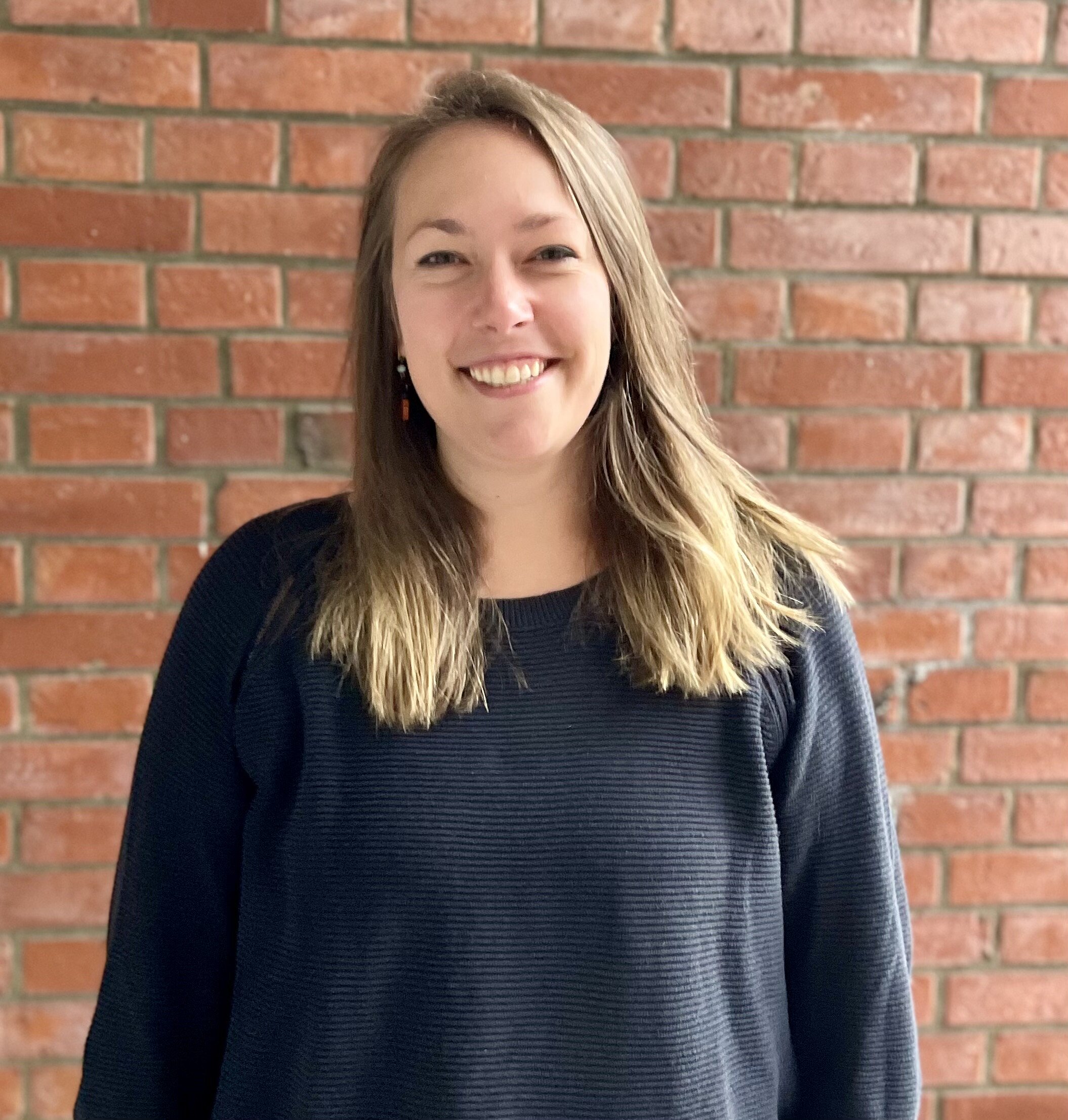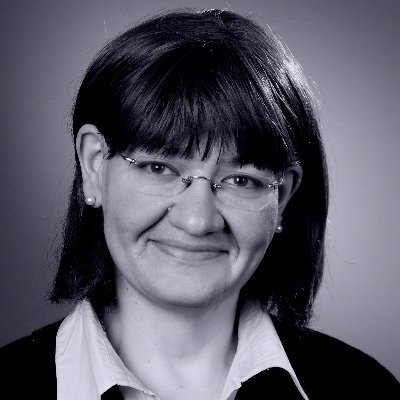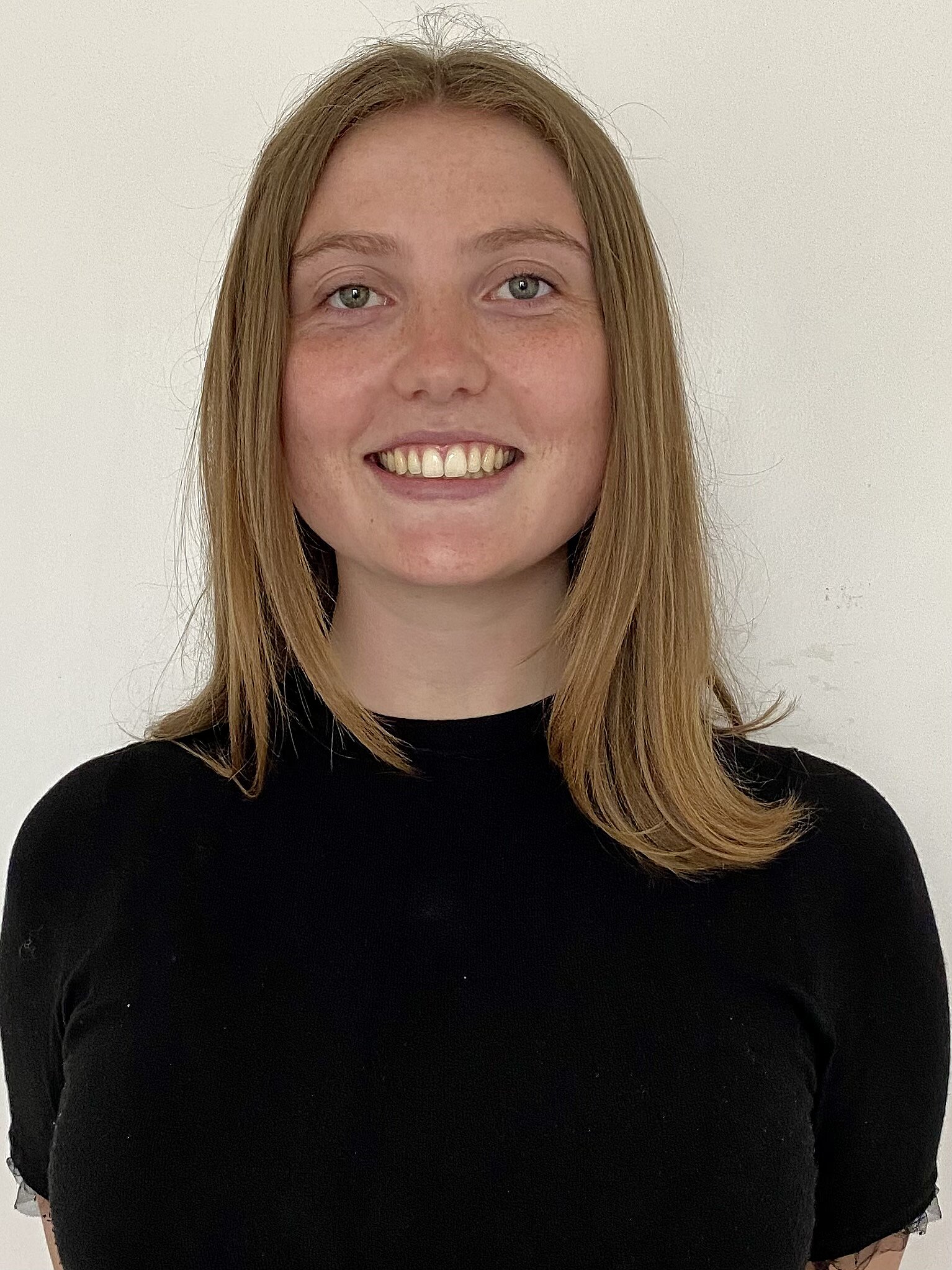General Practitioner for the National Health System, Turin, Italy, since 1990. Technical adviser for the Department of Control of Neglected Tropical Diseases, World Health Organization (1996-2016), and member of Expert Panel on General Parasitology for WHO, Geneva (2014-2018). Lecturer of Parasitology at the Faculty of Science, University of Turin (2008-2018). Associate Professor in the Department of International Health, Johns Hopkins Bloomberg School of Public Health, Baltimore (2000 -2010).
Board member of the Italian Society of Tropical Medicine and International Health (SIMET) and since 2017 delegate to the Federation of European Societies for Tropical Medicine and International Health (FESTMIH) of which has been elected President in November 2023.
Expertise in epidemiology and control of helminthic infections such as intestinal helminthiasis, schistosomiasis and filariasis. Extensive work experience on neglected tropical diseases both in the public health setting and in the parasitological domain. Experience in managing public health laboratories and health staff in developing countries, as well as advising Ministries of Health in control strategies for controlling helminthic infections. Extensive field work experience in Tanzania (Pemba Island), Madagascar, Nepal, Senegal. Principal investigator in numerous randomised trials on parasite epidemiology and anthelminthic drug efficacy.
